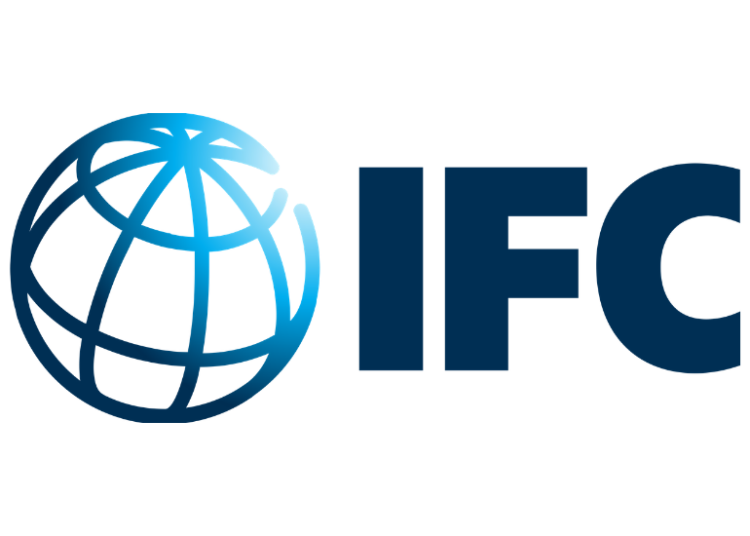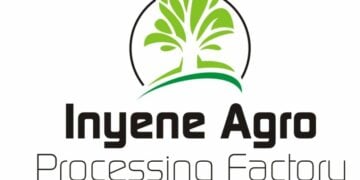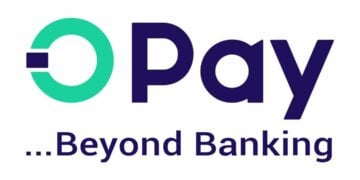IFC has announced an equity investment of up to $50 million in Lagos Free Zone Company to support the development and expansion of Nigeria’s first deep sea port-based, private special economic zone.
According to IFC, the investment addresses critical infrastructure gaps, attracts local and global businesses, and contributes to Nigeria’s economic diversification agenda.
“This investment reflects IFC’s commitment to fostering inclusive economic growth and sustainable development in Nigeria. Lagos Free Zone is poised to become a transformative hub for industrial activity, driving job creation and enhancing Nigeria’s competitiveness in global markets. We are proud to partner with Lagos Free Zone in building the infrastructure necessary to attract global and local businesses, enabling Nigeria to achieve its full economic potential.” said Dahlia Khalifa, IFC Regional Director, Central Africa and Anglophone West Africa.
IFC also explained that the investment in the Lagos Free Zone reflects its commitment to sustainable development, with a focus on green infrastructure.
Approximately 15 per cent of the investment is earmarked for climate-related initiatives, including Excellence in Design for Greater Efficiencies (EDGE)- certified buildings and climate-resilient infrastructure.
IFC said, “IFC’s support represents a significant and positive recognition of our vision to establish Lagos Free Zone as a world-class industrial hub. This investment allows us to scale up the existing infrastructure to attract more foreign and local tenants while promoting sustainability and creating. The funds will support the first phase of the 860-hectare Lagos Free Zone, focusing on land development, industrial facilities, and logistics infrastructure. Owned by Singapore-based Tolaram, a diversified multinational group with operations across Africa, Asia, and Europe, Lagos Free Zone is strategically integrated with the Lekki Deep Sea Port and will provide an integrated industrial ecosystem for efficient import and export operations, serving as a gateway for Nigeria’s integration into global value chains.
“With Nigeria’s economy projected to grow by 3.7 per cent by 2026, investments in infrastructure are vital to ensuring sustainable growth. When fully occupied, Lagos Free Zone is expected to create approximately 30,000 direct, indirect, and induced jobs while contributing significantly to Nigeria’s GDP upon completion.”





